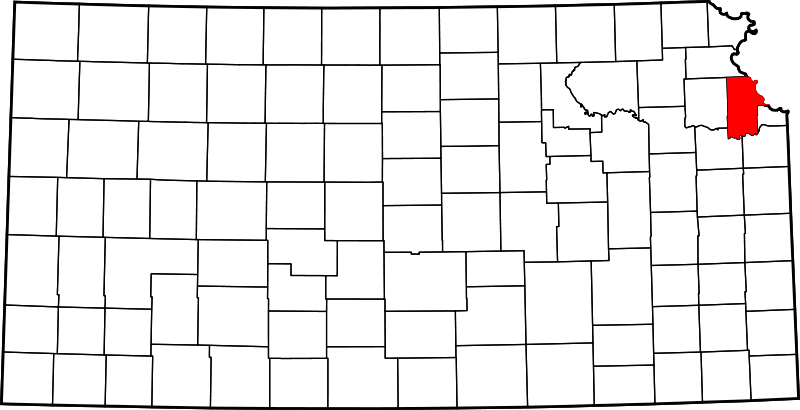Kansas agriculture officials have been monitoring for avian influenza after reports of H5N2 avian influenza, or bird flu was recently detected in Jasper County, Missouri. Now agriculture officials say that as of late Friday, avian influenza has been presumptively detected in a backyard poultry flock containing both chickens and ducks in Leavenworth County.

The Kansas Department of Agriculture (KDA) will be establishing a control zone around the premise, an action recently done around areas of Cherokee and Crawford counties.
Dr. Bill Brown, State Animal Health Commissioner, confirmed that a response team from KDA’s Division of Animal Health and from USDA will be dispatched to the area to conduct surveillance activities and to collect additional sample from flocks within the control zone. “It is important to know where backyard flocks of poultry exist. We will be seeking information about the presence of backyard flocks in Leavenworth County.”
“We are dedicated to providing the necessary assistance and precautions to avoid any possible spreading of the disease,” Brown said. Symptoms in poultry include coughing, sneezing, respiratory distress, decreased egg production and sudden death.
KDA is seeking assistance from backyard poultry owners in Leavenworth County. If you currently own poultry, the agency is requesting you self-report your backyard flock. This will assist animal health officials in helping to monitor the situation and control the spread of this disease. Please email information about the location and type of backyard flock in Leavenworth County to [email protected]. You may also contact the KDA Division of Animal Health at 785-564-6601.
Avian Influenza is a contagious, rapidly spreading viral disease affecting birds. Outbreaks of a strain of avian influenza have occurred in Missouri, Arkansas, Minnesota, Oregon, Washington and Idaho and are not considered to be a threat to public health or the food supply.
Related: Vigilance over bird flu advised: KSU animal scientist
Avian Influenza exists naturally in many wild birds and can be transmitted by contact with infected animals or ingestion of infected food or water. CDC considers the risk to people from these HPAI H5 infections in wild birds, backyard flocks and commercial poultry, to be low. No human infections with the virus have been detected at this time.
Related: Bird flu: Poultry bans by overseas buyers could affect poultry, beef and pork prices: KSU economist


3 thoughts on “Kansas: Avian influenza detected in Leavenworth County poultry flock”